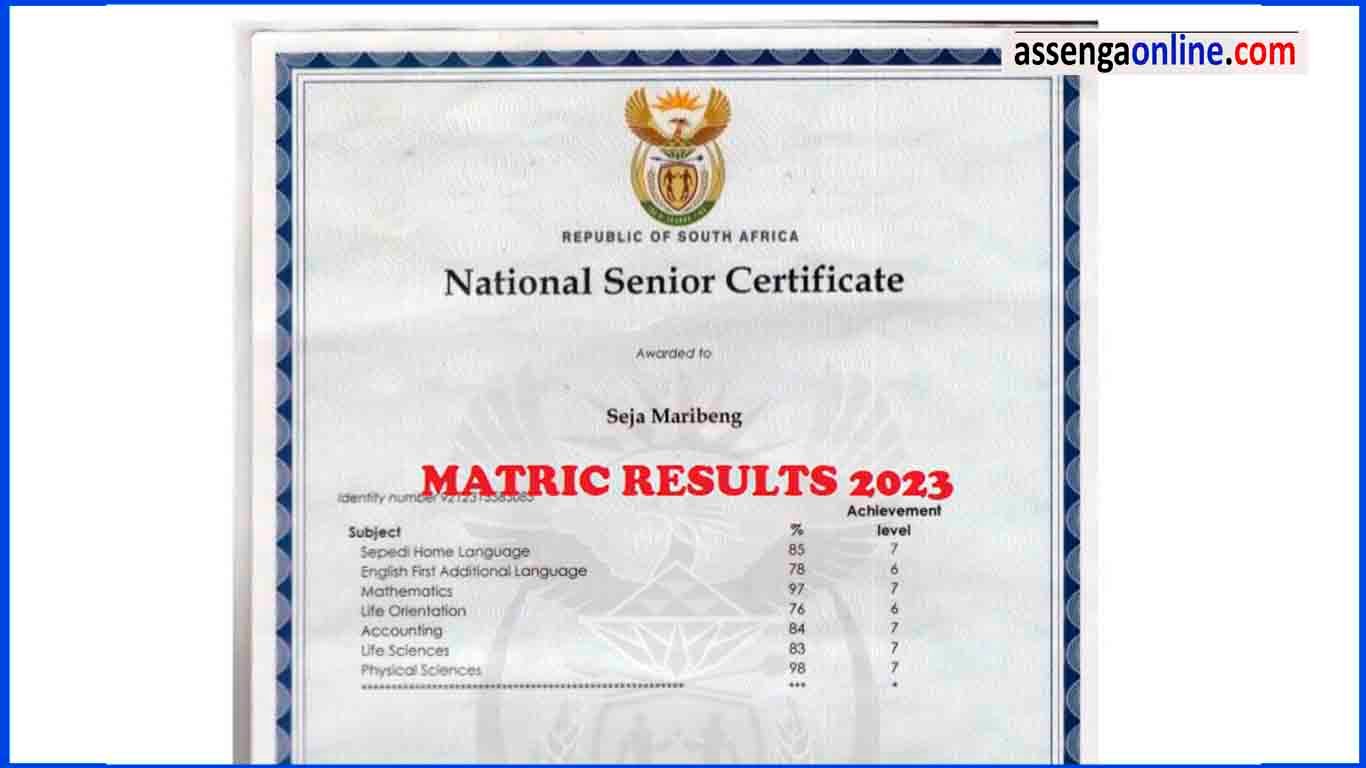
Matric pass rate 2023 per province, matric pass rate 2024 per province, matric pass rate 2023 per province, matric results 2023 percentage per province, matric results 2023 provinces percentage, matric results 2023 provinces percentage, 2023 matric results percentage per province, matric pass rate 2023 south Africa, matric results 2023 provinces percentage, provincial matric results 2023, which province is leading in matric 2023.
Matric pass rate 2023 per province
South Africa’s official matric pass rate for 2023 is 82.9%, an increase from the 80.1% pass rate of 2022. Basic education minister Angie Motshekga announced the results on Thursday, 18 January 2024.
Quality assurance body Umalusi reported earlier this week that 919,532 students wrote the 2023 National Senior Certificate exams this year. Of these, 898,520 were registered public schools falling under the Department of Basic Education.
Matric pass rate 2023 per province
Matric pass rate 2023 per province. Matric results 2023 pass rate per province |Provincial pass rates, Motshekga announced the matric pass rates for South Africa’s nine provinces as follows:
- Free State — 89.0%
- KZN — 86.4%
- Gauteng — 85.4%
- North West — 81.6%
- Western Cape — 81.5%
- Eastern Cape — 81.4%
- Limpopo — 79.5%
- Mpumalanga — 77.0%
- Northern Cape — 75.8%
Class of 2023 | Matric pass rate
Which province is number 1 in matric results 2023?, IEB matric results 2023, [18 Jan 2024): The Independent Examinations Board (IEB) attained an overall pass rate of 98.46% in the 2023 National Senior Certificate (NSC) examinations. The pass rate is slightly higher than the 2022 NSC pass rate of 98.42%. All candidates who passed the IEB 2023 NSC examination achieved a pass that grants access to tertiary study at one of the three levels:
- 88.59% of the cohort achieved entry to degree study, compared to 89.32% in 2022.
- 8.31% qualified for entry to diploma study, compared to 7.52% in 2022.
- 1.57% achieved entry for study at the Higher Certificate level, same as the 1.57% in 2022.
13 967 full-time and 1213 part-time candidates, a total of 15 180 wrote the Independent Examinations Board (IEB) NSC examinations in October and November 2023 at 275 examination centres. This is more than the 12 580 full-time candidates and 945 part-time candidates, a total of 13 525 in 2022.
The significant increase of 1 655 results from the 17 new schools, comprising a total of 960 candidates, that wrote the IEB for the first time in 2023. The 17 comprised of 12 brick and mortar schools and 5 online providers.
The IEB is very pleased to announce that the 2023 NSC examination session was conducted free of any irregularity that may have undermined the integrity of this examination.
Confidence Digole, CEO of the IEB says that along the learners’ 5-year journey, there may have been interruptions and challenges – notably the significant disruption to teaching and learning brought about by the COVID-19 pandemic – but for the most part we do believe that this cohort were well placed to succeed in the 2023 NSC examination session. The impressive performance of the class of 2023 amid these challenges reflects the dedication and tenacity of both learners and the entire teaching community.
Matric pass rate 2022 per province
Basic Education Minister Angie Motshekga has announced an 80.1 percent matric pass rate for the class of 2022. This is the second highest since 2019.
KwaZulu-Natal and Gauteng contributed the most passes that qualify to study further at university.
The minister commended the matriculants for their resilience.
A total of 580,555 candidates passed the matric exams.
The pass rate was 76.4 percent in 2021.
The Free State is the leading province with a pass rate of 88.5 eprcent.
KwaZulu-Natal is the most improved province with a pass rate increase of 6.2 percent from 2021.
Top marks for Class of 2022
A staggering 98.42 percent pass rate. That’s what matriculants from private schools are celebrating.
Of the pupils who passed, 89.32 percent received entry to study for a degree. Two schools in Johannesburg are beaming after scoring a perfect hundred percent pass rate.
Pupils from both King David and Saheti schools earned over 200 distinctions between them.
Matric pass rate 2022 per province
Which province is leading in matric 2023, matric results 2023 percentage south Africa | matric results 2023 percentage per province
- Free State was the best-performing province with an 88.5% pass rate – improving by 2,8% from 2021.
- Gauteng came in second with 84.4% – improving by 1.6% from 2021.
- KwaZulu-Natal was third with 83% – it improved by 6.2% from 2021.
- Western Cape came fourth place 81,4% – the province improved by 0.2%.
- North West was fifth with 79.8% – it improved by 1,6 from 2021.
- Eastern Cape was sixth at 77.3% – an improvement of 4,3% from 2021.
- Mpumalanga achieved seventh place with 76.8% – an improvement of 3,2% from 2021.
- Northern Cape finished second last with 74.2% – it had an improvement of 2,8% from 2021.
- Limpopo finished ninth with 72.1% – it improved by 5,4%.
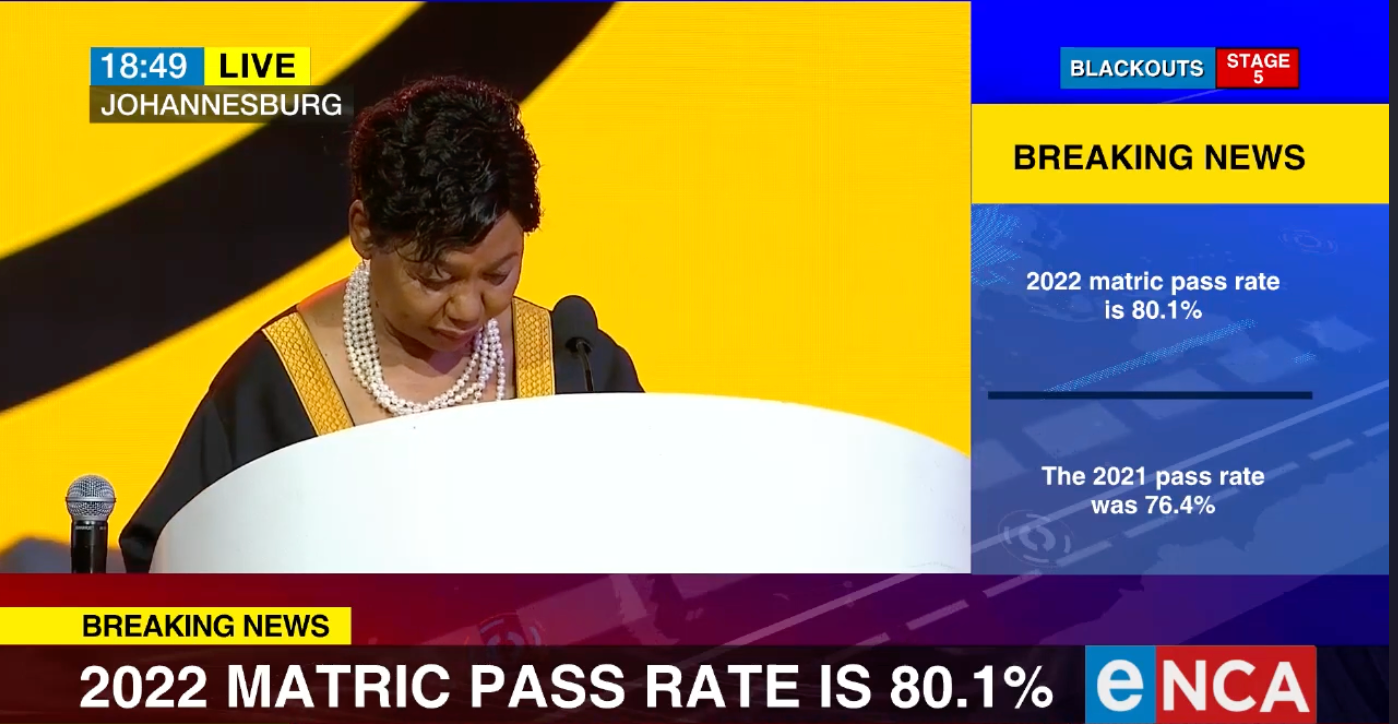
How Do I Calculate My APS?
The table below shows how to calculate the APS for each of your subjects.
| Matric Symbol | Percentage | Type of Achievement | APS |
| A | 80% – 100% | Outstanding Achievement | 7 |
| B | 70% – 79% | Meritorious Achievement | 6 |
| C | 60% – 69% | Substantial Achievement | 5 |
| D | 50% – 59% | Adequate Achievement | 4 |
| E | 40% – 49% | Moderate Achievement | 3 |
| F | 30% – 39% | Elementary Achievement | 2 |
| G | 0% – 29% | Not Achieved: Fail | 1 |
Matric pass rate 2023 per province
matric results 2023 percentage per province , outh Africans can qualify for three different passes – a Bachelor’s pass, a Diploma pass, and a Certificate pass.
Bachelor’s pass
A bachelor’s pass means you can apply for a degree course at a university or university of technology and can study for a higher certificate, diploma or bachelor’s degree.
To achieve a bachelor’s pass, you must:
- Pass 6 of 7 subjects
- At least 50% in four subjects
- At least 40% in Home Language
- At least 30% in the Language of Learning and Teaching (LOLT)
- At least 30% for one other subject
It should be noted that even if a student has achieved a bachelor’s pass, they do not automatically qualify for a university position.
Diploma pass
A diploma pass requires 40% in four higher credit subjects, 30% in three lower credit subjects, and you may fail one subject.
With this pass, you can enrol for a bridging course at a Technical Vocational Education and Training (TVET) college or a diploma course at a university of technology.
To receive a diploma pass, a student must:
- Pass 6 of 7 subjects
- At least 40% in four subjects
- At least 40% in Home Language
- At least 30% in the Language of Learning and Teaching (LOLT)
Certificate pass
A certificate pass requires a 40% pass in your home language, 2 subjects above 40%, 4 subjects above 30% and you may fail 1 subject. This pass allows you to study for a higher certificate.
- Pass 6 out of 7 subjects
- At least 40% in Home Language
- At least 40% in two other subjects
- At least 30% for four other subjects
This gives learners access to different levels of tertiary education and doesn’t rely on one pass mark across the board.
Matric pass rate 2022/2023 per province
- The Free State: 85.7%
- Gauteng: 82.8%
- Western Cape: 81.2%
- North West: 78.2%
- KwaZulu-Natal: 76.8%
- Mpumalanga: 73.6%
- Eastern Cape: 73%
- Northern Cape: 71.4%.
- Limpopo: 66.7%.
This data is established based on the 897163 candidates, a growth of 23.6% from 2020, who sat for their matric last year. This is the biggest cohort in history.
The matric pass rate per province in South Africa for the 2020 academic year as follows:
- Western Cape: 75.1%
- Gauteng: 73.4%
- KwaZulu-Natal: 72.9%
- Free State: 67.5%
- Limpopo: 64.2%
- North West: 61.8%
- Eastern Cape: 59.9%
- Mpumalanga: 57.4%
It is important to note that the matriculation exams for 2020 were disrupted by COVID-19 pandemic, which resulted in a change of the examination format and the results were calculated differently.
The pass rate for each province for 2021 as follows:
- Western Cape: 82.3%
- Gauteng: 79.2%
- KwaZulu-Natal: 78.2%
- Free State: 74.6%
- Limpopo: 72.1%
- North West: 70.5%
- Eastern Cape: 69.0%
- Mpumalanga: 66.1%
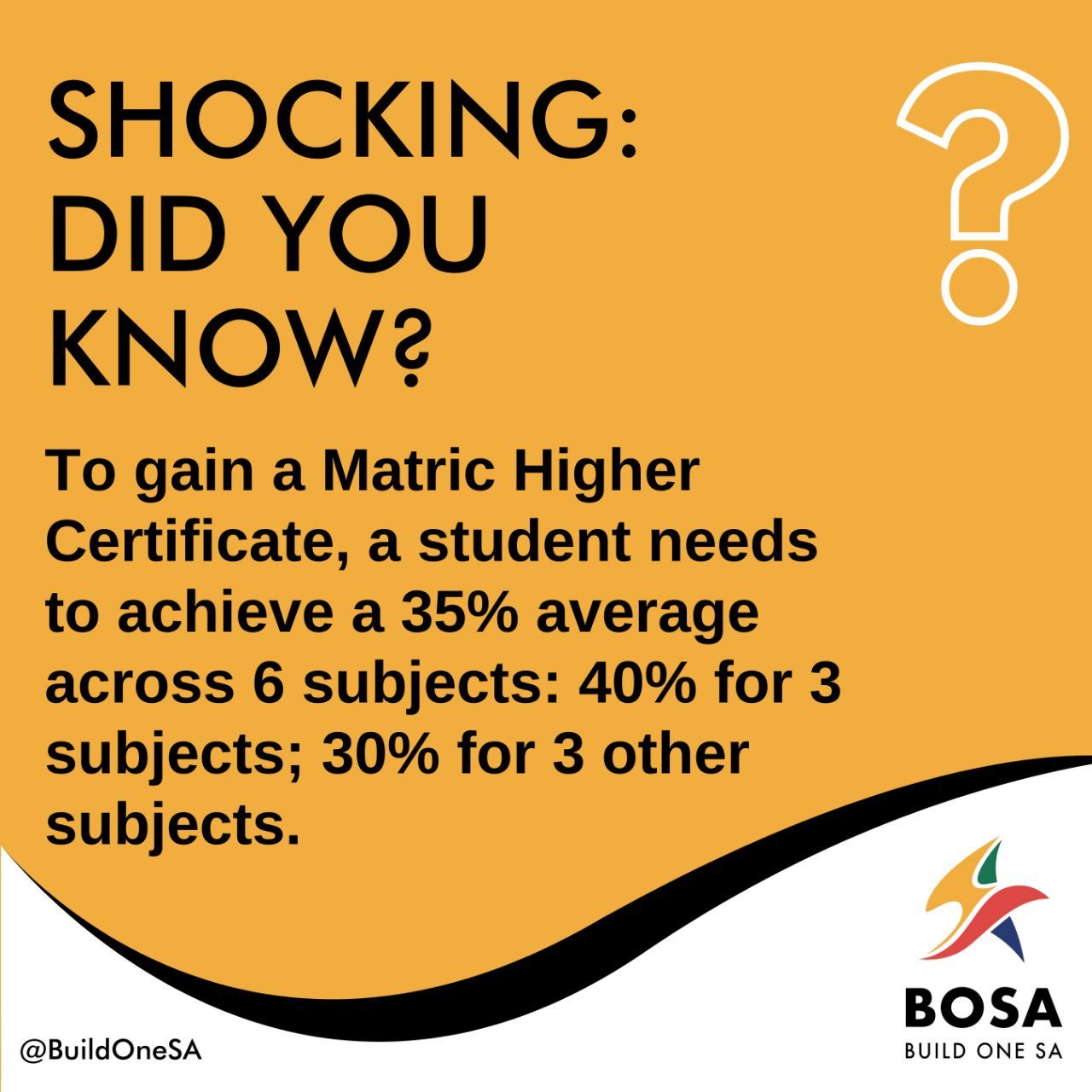

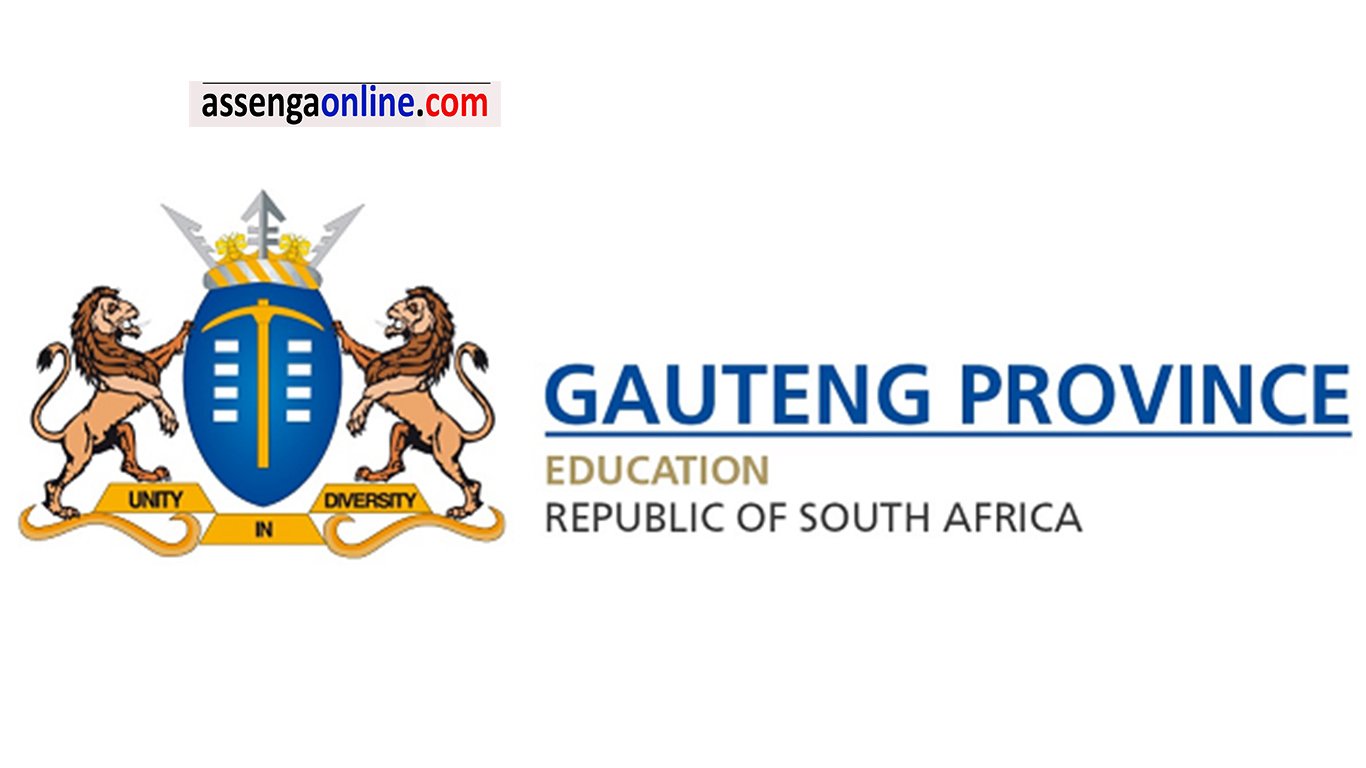

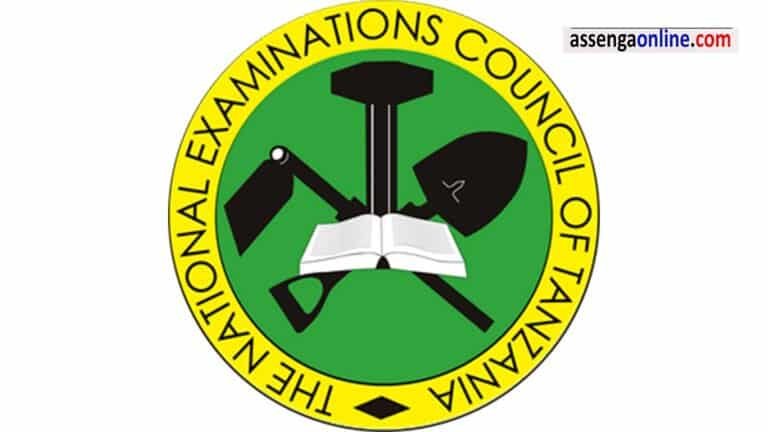
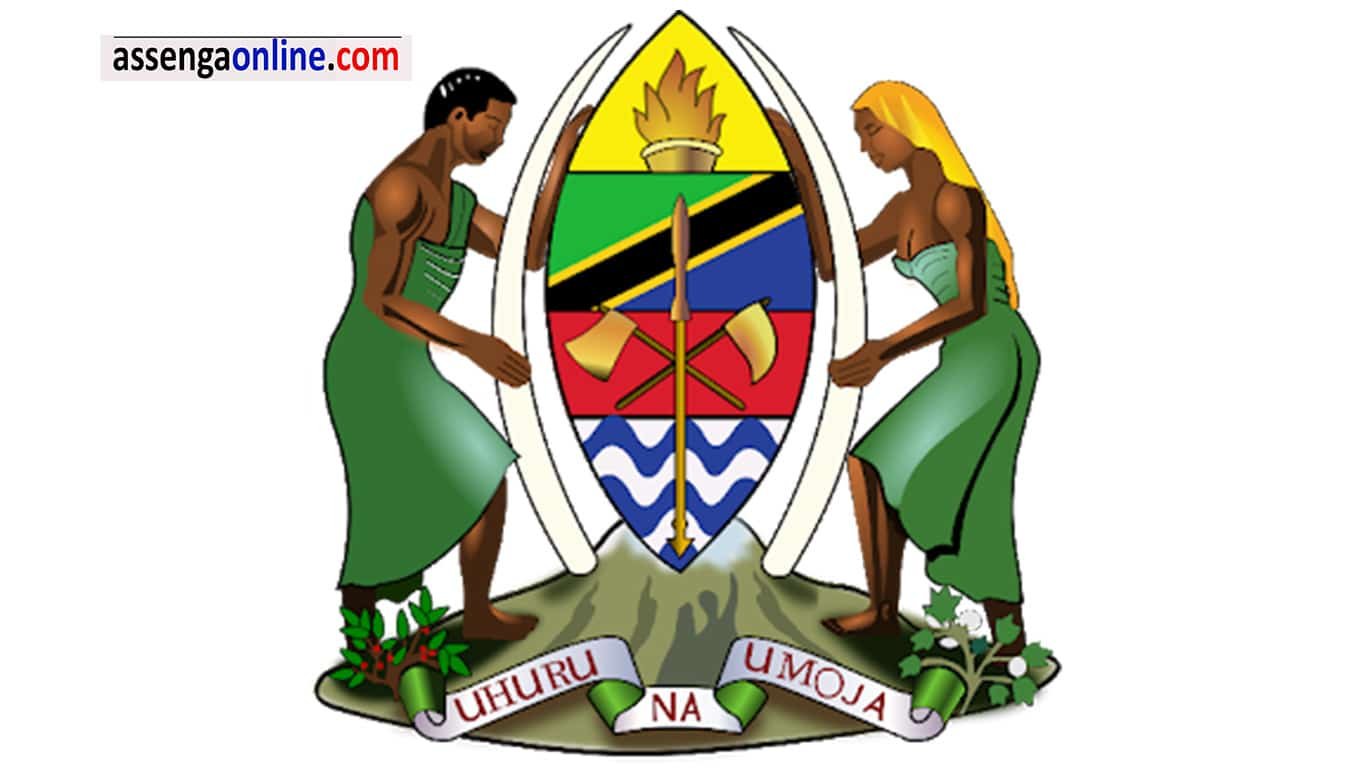

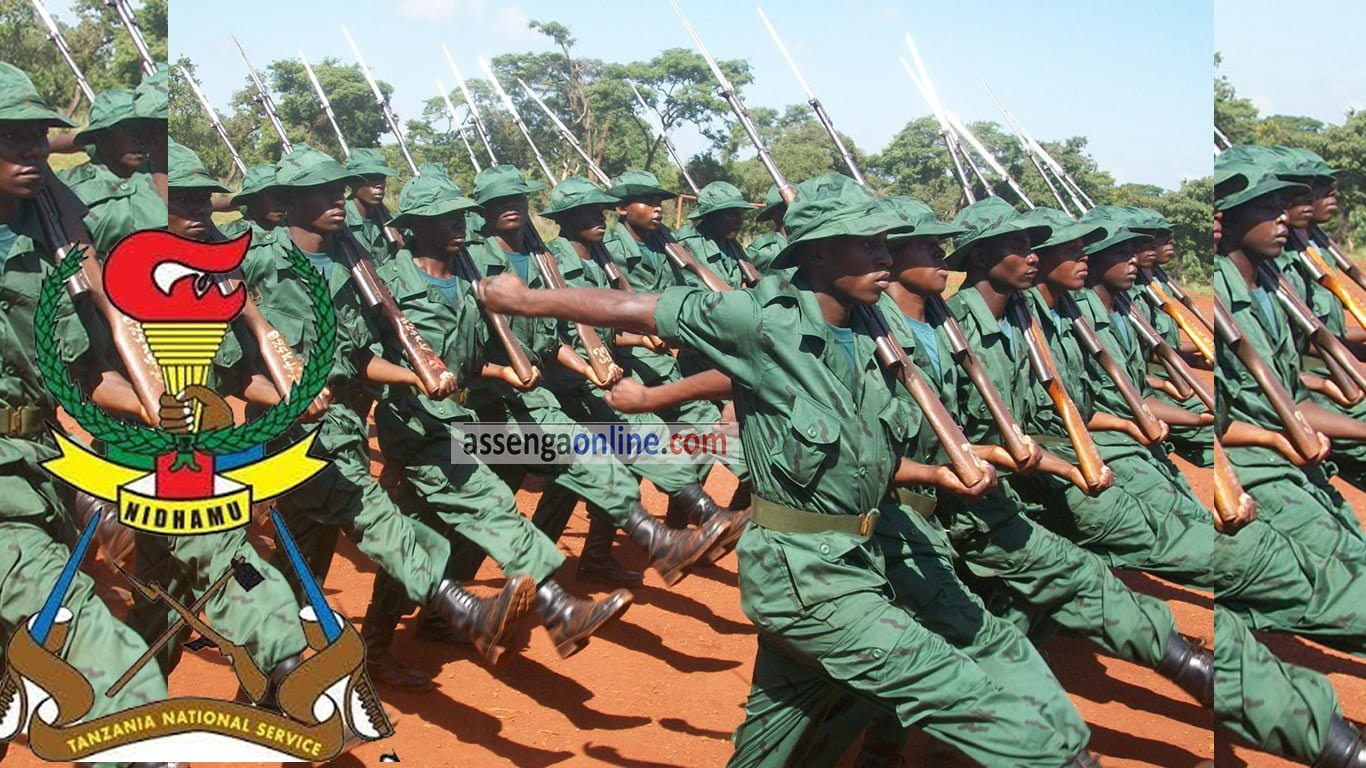
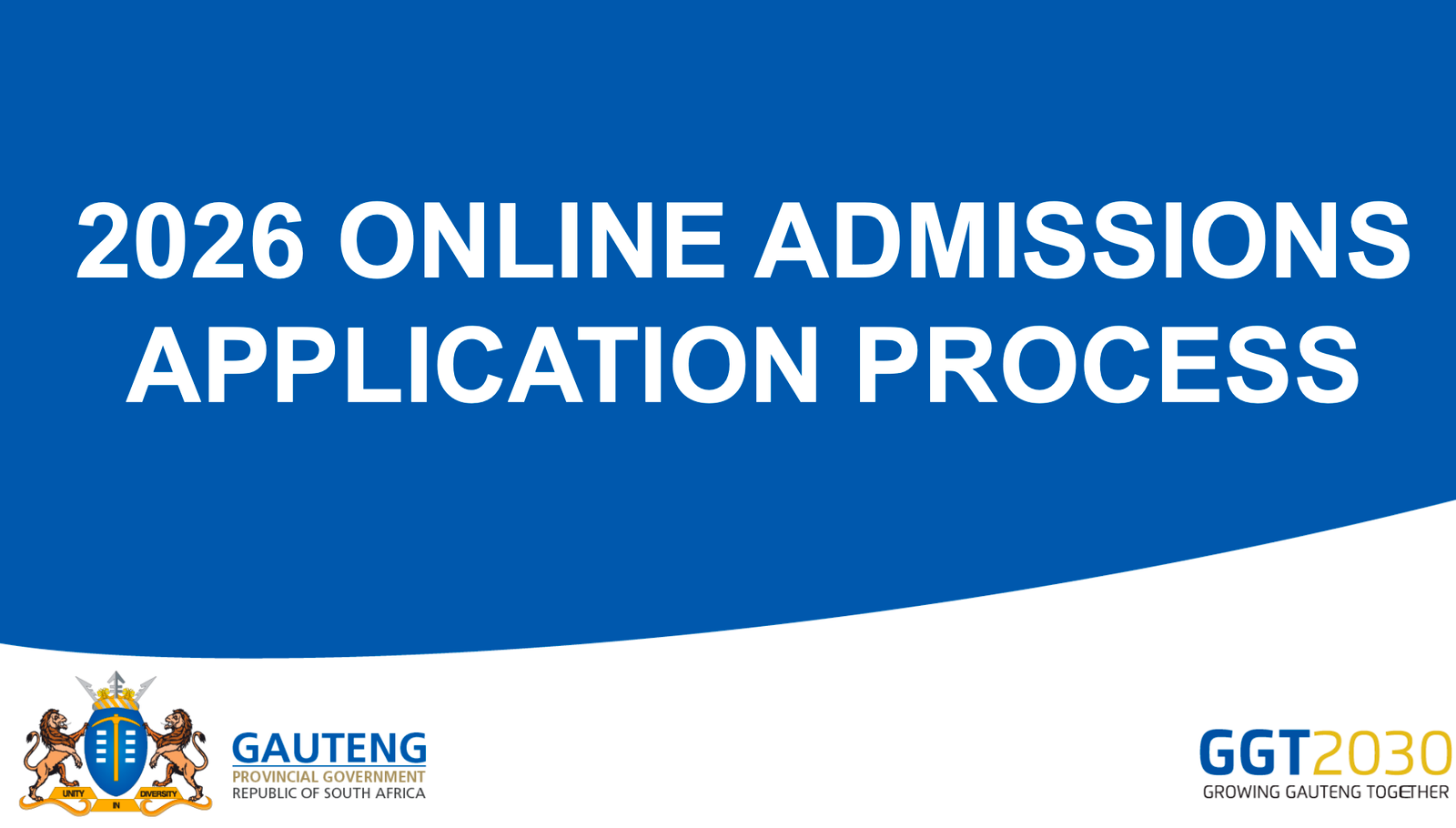


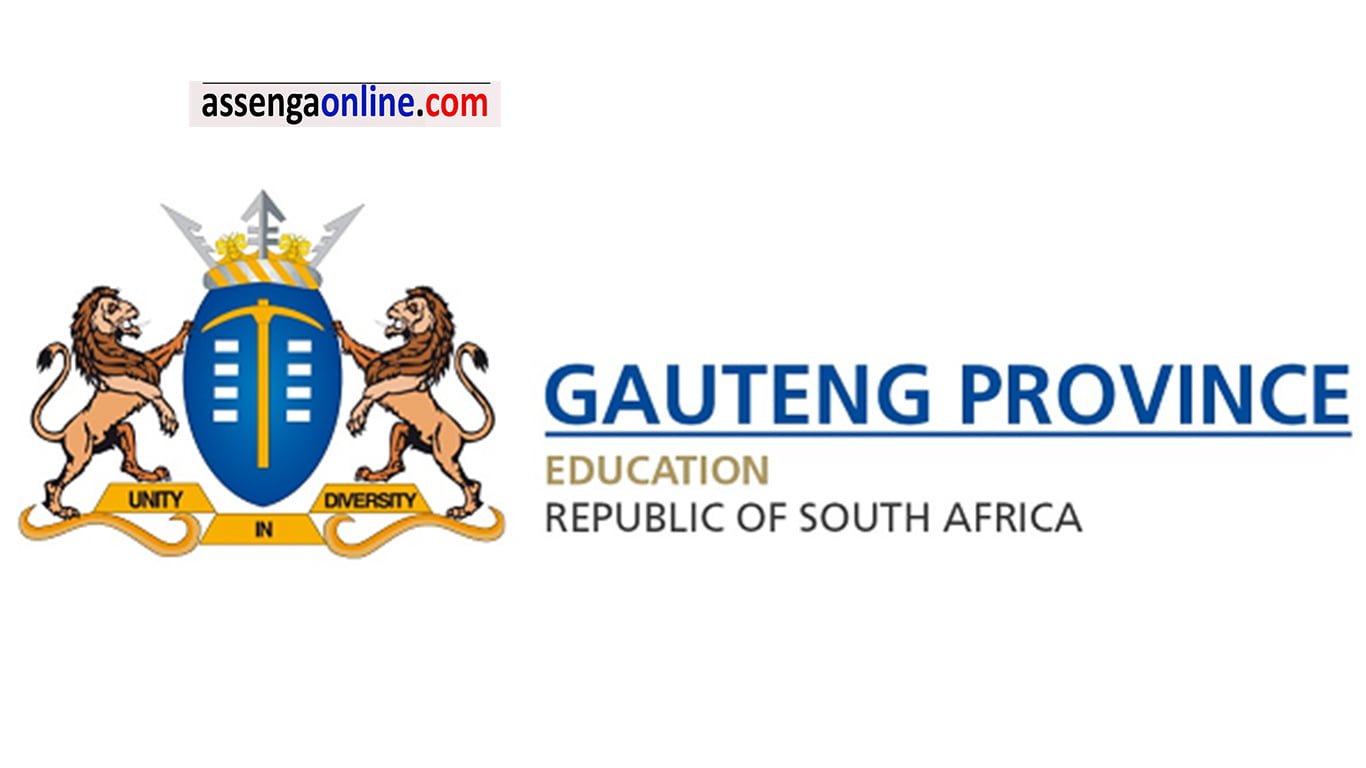
Leave a Reply